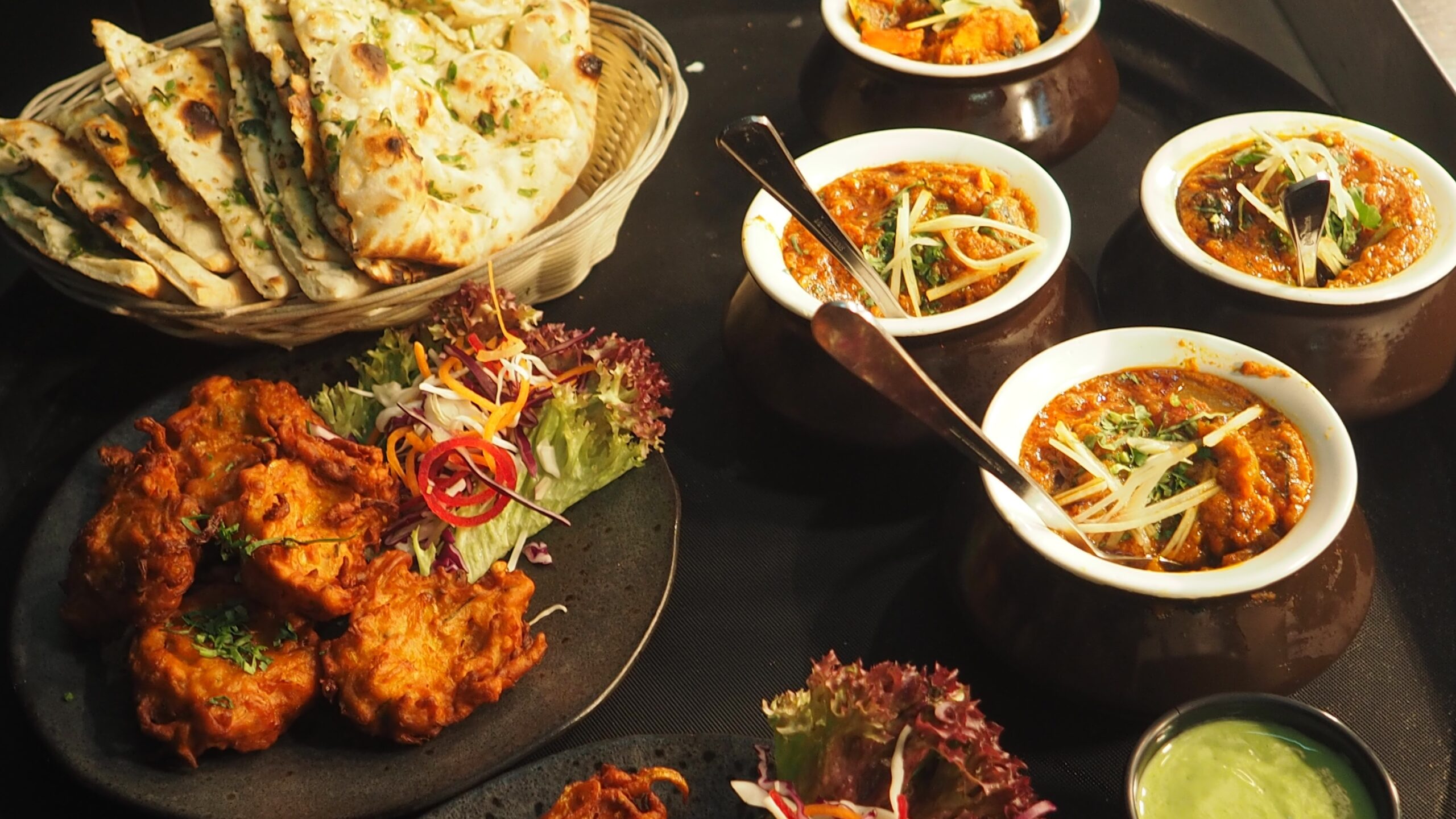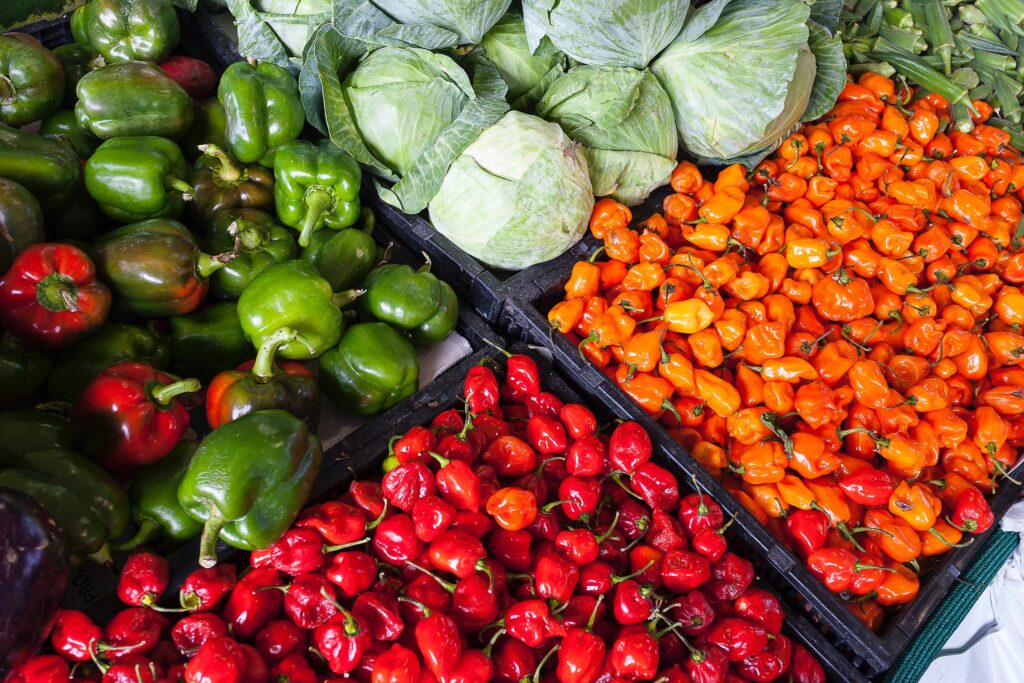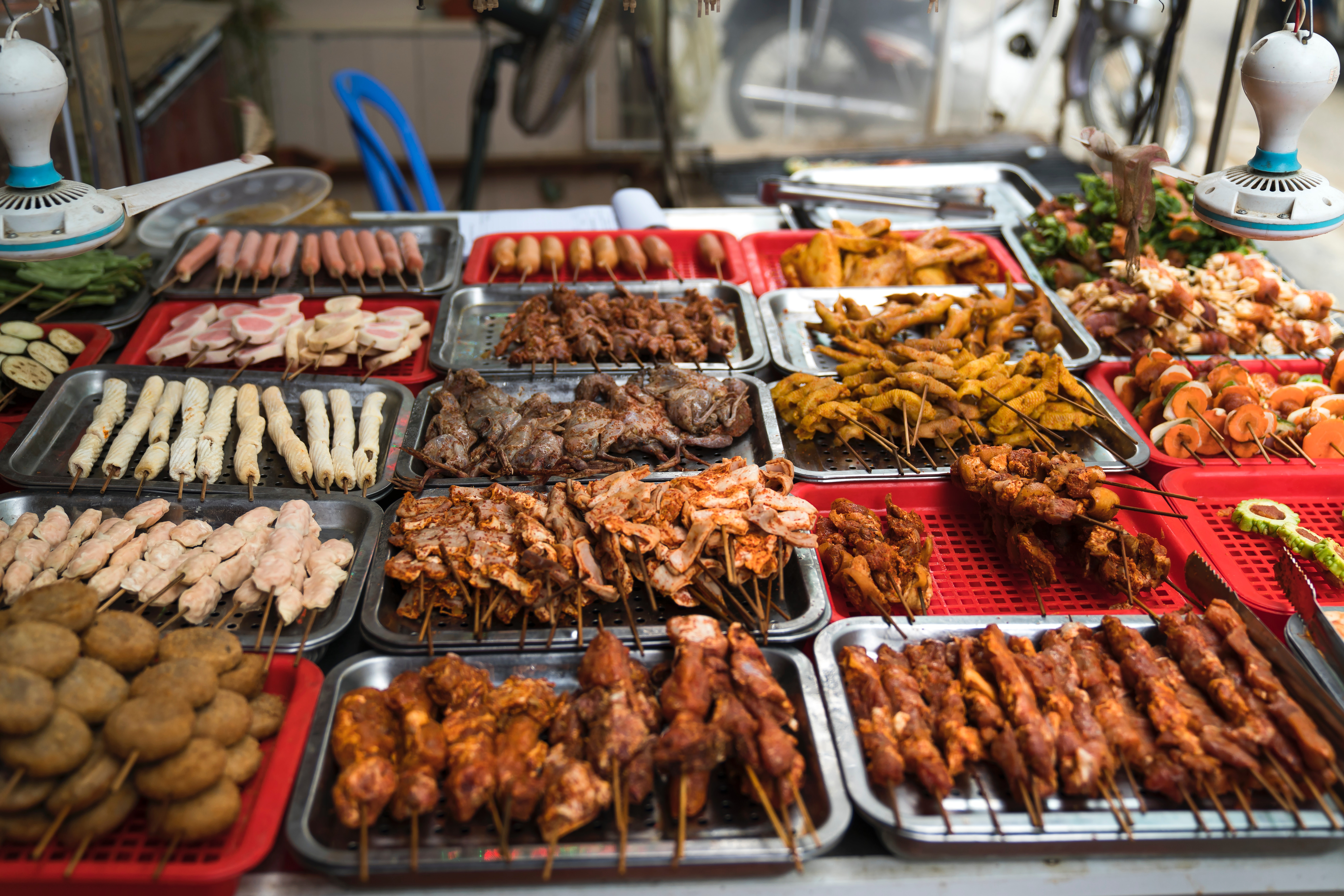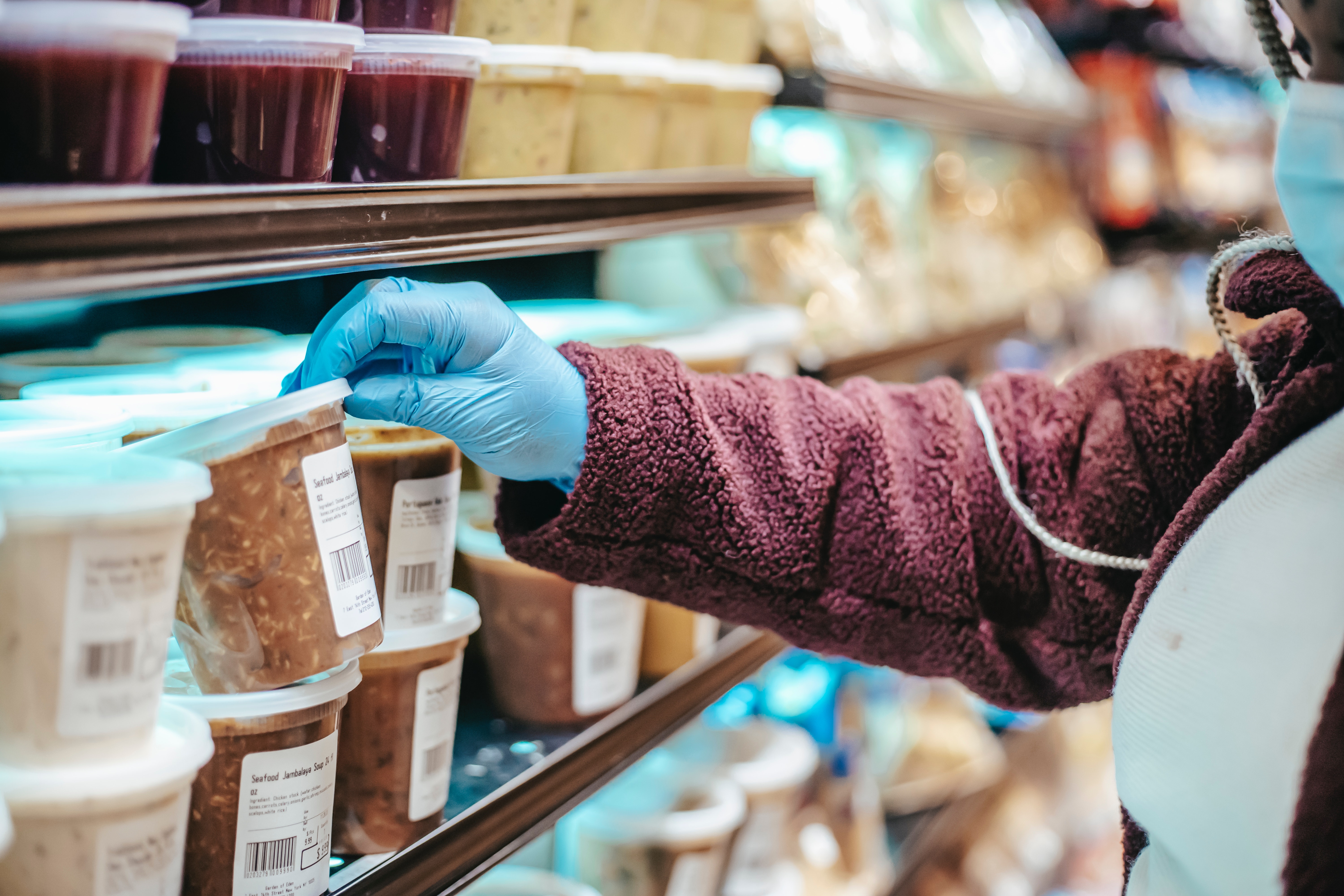Although adjusting to a new culture, language, and environment can be overwhelming, one of the most enjoyable aspects of international living is undoubtedly exploring the local cuisine. Food is a universal language that can connect people across borders, and trying new dishes is an essential part of immersing yourself in a new culture. From ‘Jolof’ to ‘烤冷面’, the possibilities are endless so go out there and expand your culinary pallet. In this article, we’ll provide food tips for international students moving abroad to help them make the most of their adventures abroad.

Embrace the Local Markets
One of the best ways to explore local cuisine is by visiting the markets. Markets are not only a hub for fresh ingredients, but also a cultural experience in and of themselves. In many African countries, bustling markets are the heart of the community, where you can find a wide variety of fruits, vegetables, spices, and more. Bargaining is often a part of the market experience, so don’t be afraid to negotiate for the best prices.
For example, in countries like Ghana, the Makola Market in Accra is a vibrant place to discover fresh produce, traditional spices like shito (spicy pepper sauce), and street food like waakye (rice and beans dish). In China, you will find ‘wet markets’ where you can find all varieties of seafood. When you shop at local markets, you not only get to taste authentic local ingredients but also support local businesses.

Explore Street Food
Street food is a quintessential part of many African and Asian cultures. It’s not only delicious but also affordable. Be sure to explore the street food scene in your new host country. From suya in Nigeria to samosas in Kenya, each region offers its unique street food delights.
While indulging in street food, remember to prioritize hygiene. Look for vendors with a high turnover of customers and ensure the food is cooked thoroughly. Also, be prepared to adapt to the level of spiciness, as many Asian dishes can be quite hot. A tip: always have a refreshing drink or yogurt on hand to cool your palate if you accidentally bite into something too spicy.
Ask Locals for Recommendations
One of the best ways to discover hidden culinary gems is by asking locals for recommendations. They know the best places to eat, from small ‘mom-and-pop’ restaurants to trendy cafes. Engaging with locals not only helps you find great food but also fosters cultural exchange and friendships.
Platforms like TripAdvisor and Yelp can also be useful for finding popular restaurants and reading reviews from other international students. Additionally, many cities have food bloggers or vloggers who provide insights into the local food scene, so be sure to check them out for insider tips.

Be Open to Trying New Local Cuisine
Moving abroad is the perfect opportunity to expand your palate. Be open to trying dishes you’ve never heard of before. Cuisines can vary greatly from one region to another, and you’ll discover a rich mix of flavors, textures, and ingredients.
For instance, in South Africa, don’t miss the chance to try bobotie, a flavorful baked dish with minced meat and curry spices topped with an egg-based custard. In Senegal, sample thieboudienne, a savory rice dish with fish and vegetables cooked in a flavorful tomato sauce. Remember that even if a dish sounds unfamiliar, it can turn out to be a delightful surprise so keep an open mind.
Learn Basic Phrases in the Local Language
Learning a few basic phrases in the local language can go a long way in making your culinary adventures more enjoyable. Simple phrases like “hello,” “thank you,” and “please” can help you communicate with restaurant staff and vendors. Additionally, knowing how to ask for food recommendations or express dietary preferences in the local language can enhance your dining experience.

Consider Dietary Restrictions
If you have dietary restrictions, such as being vegetarian, vegan, or having food allergies, it’s essential to plan ahead. While many cuisines are rich in plant-based options, it’s helpful to know how to communicate your dietary needs in the local language. Apps like HappyCow can also assist you in finding vegetarian and vegan-friendly restaurants in your area.
Be Mindful of Food Safety
Food safety is crucial when exploring local cuisine. Make sure that the food you eat is cooked thoroughly and served hot. Avoid raw or undercooked dishes that may pose a risk of foodborne illnesses. It’s also a good practice to carry hand sanitizer with you, as access to clean facilities for washing hands may vary.

Savor the Experience of Local Cuisine
Eating is not just about sustenance; it’s an experience that engages all your senses. Take the time to savor each bite, appreciate the flavors, and enjoy the ambiance of the local eateries. Dining can be a social event, so don’t be afraid to share meals with friends and fellow international students. It’s an excellent way to bond and create lasting memories.
Practice Cultural Sensitivity
Last but not least, it’s essential to practice cultural sensitivity when exploring local cuisine. Understand that food is often deeply tied to cultural traditions and customs. Be respectful of local dietary norms and etiquette. For instance, in some cultures, it’s customary to eat with your right hand, while in others, using utensils is the norm. By observing and respecting these practices, you’ll make a positive impression on locals and build stronger connections within your new community.
In conclusion, exploring local cuisine is one of the most rewarding aspects of moving abroad. It allows you to connect with the culture, try new flavors, and create unforgettable memories. By embracing local markets, trying street food, seeking recommendations from locals, and being open to new dishes, you’ll embark on a culinary journey that enhances your international student experience.
Remember to prioritize food safety, be mindful of dietary restrictions, and practice cultural sensitivity to ensure a positive and enriching culinary adventure. So, go ahead, savor the flavors, and let your taste buds take you on a delicious journey of discovery in your new home abroad. Keep an eye on the PTMA blog for more exciting nuggets.
Asiimwe Isaac is a multilingual copywriter with a global footprint, boasting over five years of experience across Asia, Africa, and Europe. His vast expertise spans tech, travel, lifestyle, education, and more, enabling him to effortlessly demystify topics across different fields. With an innate curiosity for different cultures and a love for learning, his writing resonates across borders, with a captivating perspective rooted in their extensive travel experiences.

